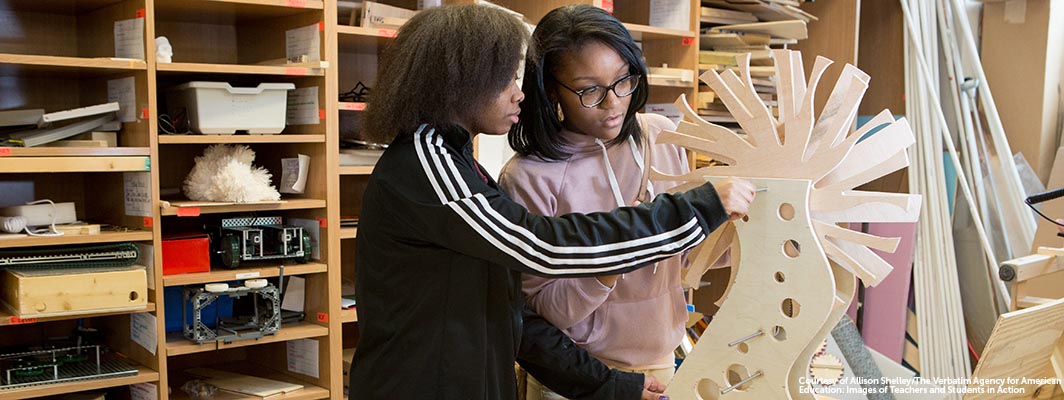This article originally appeared on Usable Knowledge from the Harvard Graduate School of Education. Read the original version here.
Everyone loves a dark horse story: Albert Einstein struggled as a student. J.K. Rowling was on welfare before selling her Harry Potter manuscript. Oprah was fired from one of her first jobs before becoming a media mogul. But we usually consider such people, who followed unconventional, unexpected routes to success, to be aberrations, their paths unable to be replicated.
In some ways, they are — but there’s still a lot to learn from them, says Harvard Graduate School of Education Lecturer Todd Rose. Rose, who heads HGSE’s Laboratory for the Science of the Individual, believes that educators can do more to help all of their students be “dark horses,” shepherding them along individualized paths to careers and lives that address each student’s unique mosaic of motivations.
He describes his latest book, Dark Horse: Achieving Success Through the Pursuit of Fulfillment, as a kind of “user’s manual for the dark horse mindset.” He knows the mindset well; before he was a Harvard professor, he was a high school dropout. He forged his own path to success only after realizing what it was that truly motivated him.
Here are some ways that teachers can bring that mindset, with its emphasis on personal fulfillment as both a means and an end to success, to their classrooms. (Note: They just might help adults find fulfillment, too.)
- Help your students figure out what makes them “tick” — it often can be applied in a variety of contexts. For his book, Rose and co-author Ogi Ogas interviewed leaders from an array of different fields, from journalism to professional closet organizing. They quickly found that all that dark horses “wanted to talk about was how they figured out what mattered most to them,” Rose says in an interview for the Harvard EdCast. Ask your students why they like the subjects or activities that they like. For example, if a student says that the only thing he likes about school is football, but you ask him to dig deeper, he might realize that what he loves is the teamwork aspect, being outdoors, or competition — all of which can translate to other arenas where he might succeed. “The why is everything,” Rose says.
- Let students practice autonomy. In order to find out what really motivates them, students have to try things out for themselves. Look for ways that you can give students choice and voice, Rose says, like deciding how to present information for a project, or what books to read. “I still want teachers in charge, but if we want kids coming out as self-directed adults who understand how to make choices, how to learn from mistakes, what better place to learn that than [school]?”
- Focus on personal responsibility. A focus on personal fulfillment doesn’t mean anything goes. It’s important for young people to be able to try different things to figure out what motivates them and what they really love — but that doesn’t mean being a flake. Instill in students a sense of personal responsibility. If they say they’re motivated by music and want to incorporate that into their final project, expect follow-through from them, even if it’s hard. And parents, if your child insists that they want to be a famous musician but choose video games or hanging out with friends before practicing every time, that might not be the arena in which they’ll be a dark horse. “Dark horses are willing to sacrifice for their versions of fulfillment,” Rose says.
- Reward creative strategies. Run your classroom according to the principle of equifinality, the idea that there are always multiple ways to get to the same end goal. Dark horses are good at figuring strategies to solve problems that play to their strengths, but they don’t always find the right strategy right away. They often have to cycle through strategies to see what works. Give kids time to do that, Rose says. “The idea is helping kids realize that achievement is as much about finding the right strategy as it is about brute force or innate talent.”
This article originally appeared on Usable Knowledge from the Harvard Graduate School of Education. Read the original version here.
